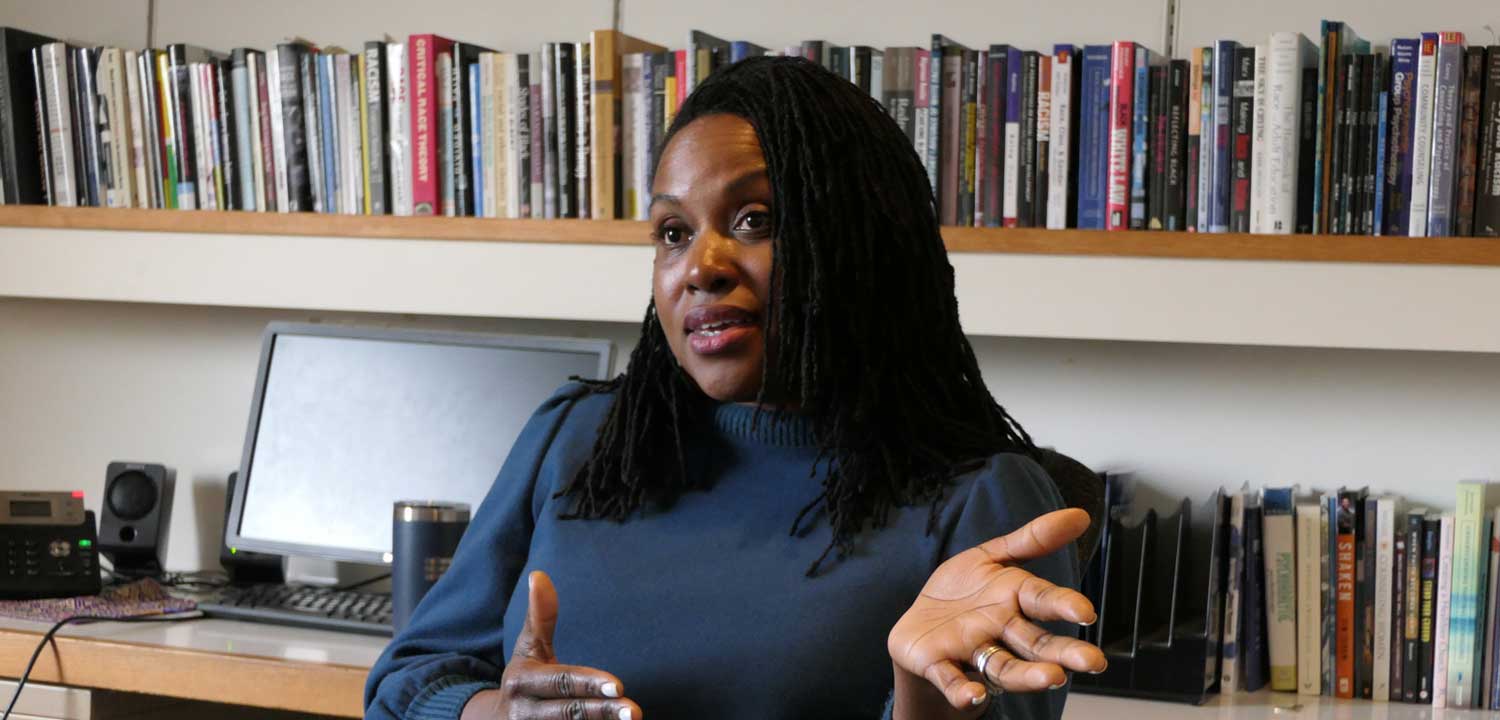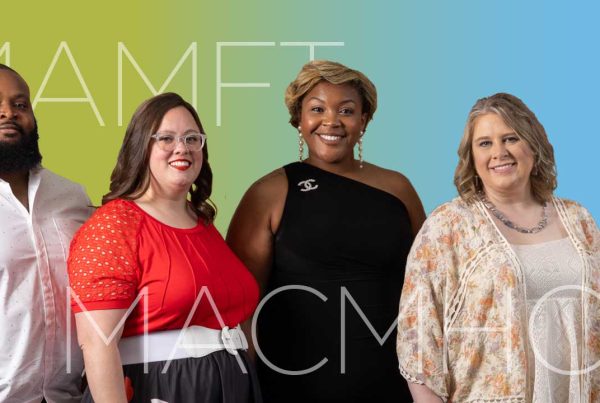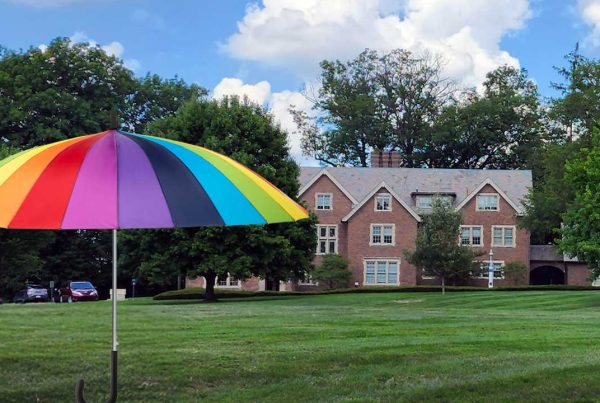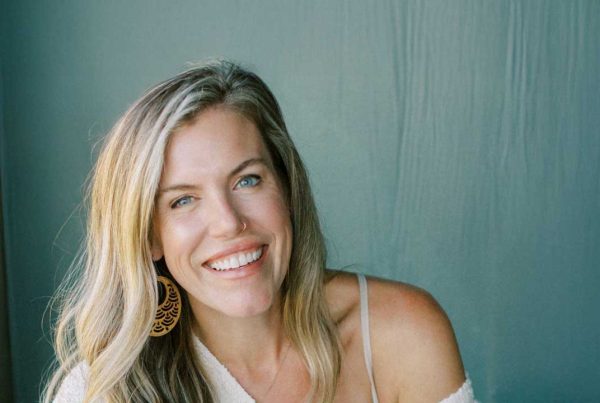Developing Multicultural Counseling Competence for Working with BIPOC Clients
In the counseling room, every story matters. But not every client’s story has been equally centered or honored. For clients from Black, Indigenous, and People of Color (BIPOC) communities, therapy has too often been a space of misunderstanding, harm, or erasure. That’s why developing multicultural counseling competence isn’t optional — it’s a professional and ethical responsibility.
At Christian Theological Seminary (CTS), students are prepared to serve diverse populations through a model that emphasizes self-awareness, knowledge, and skill.
“This is a legacy that comes out of many decades of social justice–oriented understandings of not only ministry but ministry through counseling,” said Christina Davis, faculty member and clinical supervisor in the Marriage and Family Therapy program.
At CTS, multicultural counseling is a core part of the curriculum — not a side topic or add-on.
Interested in a counseling program committed to equity and cultural responsiveness?
What Does Multicultural Counseling Competence Really Mean?
Though it may seem obvious that all counselors should be empathetic, self-aware, and culturally attuned, that isn’t always the reality in graduate counseling programs or in the field at large. That’s why CTS makes multicultural counseling competence a foundational part of its counseling degrees by emphasizing a three-part framework: awareness, knowledge, and skill.
Awareness, Davis explained, involves recognizing how your own background — including race, culture, and lived experience — shapes your assumptions and values.
Empathy, she continued, means going beyond acknowledgment and truly entering someone else’s perspective.
“It’s not better than or less than. It’s about difference,” she said. “I can at least practice suspending my own normative understanding of experience and enter into ‘what’s that like for you?’”
The third element is skill — specific competencies that can be taught, practiced, and refined. At CTS, students engage with well-researched frameworks that emphasize multicultural social justice counseling competence, preparing them to serve across cultural differences with humility, discernment, and respect.
“There is research that suggests that BIPOC clients are more likely to unenroll in therapy than others,” Davis said. “It’s really important to not put that added layer of work on clients to defend their lived experience.”
Supporting BIPOC mental health requires more than good intentions. It calls for active reflection, cultural responsiveness, and a commitment to ethical, client-centered care.
Common Missteps — and What to Do Instead
One of the most common mistakes Davis sees is counselors who take a “one size fits all” approach. That kind of uniformity can do harm, especially when it overlooks the influence of dominant cultural norms — often Eurocentric and white — on healthcare systems. Therapists who don’t account for this may unintentionally participate in systems that marginalize the very people they hope to support.
At the same time, Davis warned against overcorrection. When counselors try too hard to “get it right,” they may overemphasize race or ethnicity in ways that reduce the client’s experience.
“Sometimes, in the well-meaning eagerness to get it right, there can be an overemphasis on race and ethnicity,” she noted.
This can lead to attribution error or confirmation bias. Davis offered an example of a Black woman discussing stress at work. A therapist might assume she’s facing racism even if she doesn’t mention race and works in a supportive, affirming environment.
“We want to be curious. It’s fair to ask questions, but certainly not to assume,” she emphasized.
Multicultural counseling competence means being neither blind to difference nor overly focused on it. It means listening with care, asking without defensiveness, and centering the client’s voice.
How CTS Helps Students Recognize Bias and Blind Spots
CTS doesn’t wait until students are in clinical placements to address cultural competence. It starts in the classroom, through intentional practices that invite students to reflect on their own backgrounds and biases.
In the course Sexuality, Gender, and Culture, for example, students complete a genogram — a visual map of their ethnic and cultural heritage — and explore how that lineage has shaped their beliefs and values.
“When they sit with their own stories and share it with others, they are able to self-identify a whole lot of blind spots themselves,” Davis said.
The exercise is both personal and transformative. It builds self-awareness and normalizes honest, reflective dialogue.
“Everybody has a turn sharing,” she added. “We really take our time with this process. People tend to rate this particular class one of their favorites in the program.”
One reason the class resonates so deeply is the psychological safety it provides.
“The number one reason that arose as to what holds people back was the fear of being misunderstood,” Davis said.
By creating a space grounded in respect and curiosity, CTS helps students engage in difficult conversations with greater openness and less fear.
That same mindset carries into clinical training at the CTS Counseling Center. Through the live supervision model, students receive real-time feedback during sessions — including in BIPOC counseling contexts — and are encouraged to apply it immediately. In some formats, clients even have the opportunity to listen in on reflections from the supervisory team, a practice that fosters transparency and shared understanding.
Culturally Responsive Training That Begins With Relationship
Multicultural counseling graduate programs often include diversity content, but CTS takes a relationship-first approach. The goal isn’t performance — it’s presence, Davis explained.
“We try to set some norms early — values about respect, how we hold one another in regard, how we’re curious first,” she added.
These values guide both classroom discussion and clinical practice. They also serve as the foundation for students to build multicultural social justice counseling competence in a supportive, relational environment — a foundation Davis often sees in action by the time students begin seeing clients.
“Nine times out of 10, I am overwhelmingly proud of the care that they take when they’re counseling BIPOC clients.”
That commitment shows up in BIPOC counseling settings as a willingness to examine blind spots, engage in honest reflection, and continue learning, regardless of the counselor’s background.
“It’s not only a skillset for working across difference. It’s working with the particularities of any vulnerable community, period,” Davis said.
This formation benefits all students, including BIPOC therapists in training, and it’s a hallmark of both CTS counseling programs. Whether you choose the MACMHC or the MAMFT, you’ll benefit from one of the few multicultural counseling oriented graduate programs that prepares students to meet the real-world needs of diverse communities — with insight, respect, and accountability.
Why Multicultural Counseling Competence Is a Lifelong Journey
Multicultural counseling competence is not a destination. It’s an ongoing process of reflection, growth, and commitment. At CTS, students are encouraged to embrace that journey with a willingness to keep learning.
“Everyone has work to do in this area,” Davis said. “No one ever arrives.”
At CTS, that process is grounded in a longstanding legacy of justice-focused counseling education and a commitment to preparing students to become inclusive and affirming therapists in every clinical context.
“We’ve been at this for a while,” Davis said.
Looking for a graduate counseling degree rooted in justice, humility, and care? For students who feel called to make a difference in BIPOC mental health, CTS offers both the foundation and the community to grow in that work.






